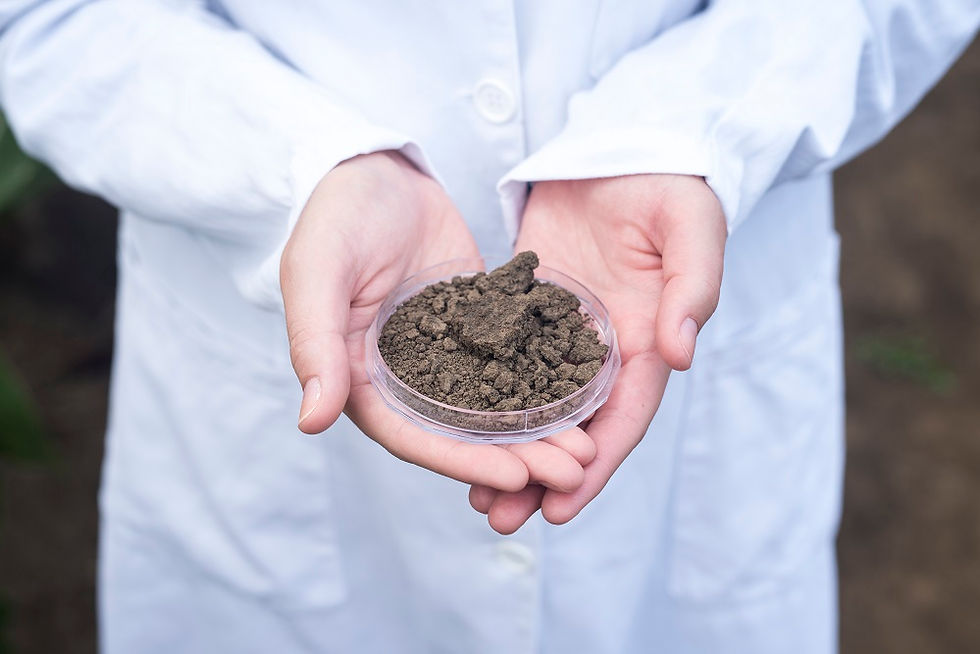What is Particle Boards and What are the Pros and Cons of Particle Boards?
- ameliya lanne
- Nov 25, 2016
- 3 min read
What is Particle Boards?
Particle boards are also known as chipboard. It is a product which is engineered using wooden products such as wooden chips, sawmill shavings including the sawdust, synthetic resin or another kind of suitable binder that is pressed firmly by using hot compression to make boards and sheets. The furniture made with particle boards are commonly available and are mostly used in recent times due to its cheap cost.
Characteristics of Particle Boards:
Particle boards are affordable compared to other solid timber products as these are cheaper.
The boards are denser and uniform than other conventional wood and plywood’s available.
Particle board can be painted or veneer can be applied onto the surface to make it attractive.
Although the board is denser, it is known to be the lightest and weakest amongst the other fiberboard such as hardboard (high-density fiberboard) and medium-density fiberboard.
Higher the density of the particle board, higher is the strength and resistance if screw fasteners have to be unfastened.
The furniture which requires large pieces of wood are made using particle boards such as table tops, TV cabinets, desks, etc. A lot of time is saved to simply bond two pieces of wood together to achieve the desired size.
Advantages of Particle Board:
Low cost: The affordable cost of the particle board is the main advantage over other boards such as solid wood and other plywood. Thus, it can be concluded that the furniture made from particle boards are less durable compared to solid wood and plywood because of low cost.
Pre-laminated board: The furniture with particle board can be bought simple. Then thin sheets of veneer or plastic laminate can be glued on the surface to add beauty and aesthetic value. This also increases the durability of the pre-laminated particle boards. Although, plywood or solid wood furniture also requires lamination.
Lightweight boards: The furniture made with particle boards are easily transported from one place to other as the boards are light in weight. Although, being easy to move, the strength of the furniture is questionable compared to furniture made with plywood or solid wood. The most common rule while purchasing the wood is that, the denser the wood, the strength of the furniture will be high and heavy. Ready-made furniture can be prepared by using particle boards. The furniture is machine manufactured to obtain desired dimensions. The larger size pieces can be prepared and thus these can be easily used for making Thus, the cost of the furniture is reduced to almost half as no carpenter work is involved and ready to buy furniture are available with no waiting time for customers. Other advantages of the particle board furniture are that it is renewable and one can easily reuse the board for making other furniture. The boards are available in larger sizes. The furniture made of particle boards will not swell and does not have any natural defects and it also has thermal and soundproof.
Disadvantages of Particle Boards:
The strength of the furniture prepared using particle boards is less compared to other plywood furniture. Lesser strength is attributed to low density and thus the handling of the furniture should be very careful as they can be easily damaged while handling.
The life of the furniture prepared with particle board is less. The resistance to moisture and humidity is also low. This is the major drawback of the particle boards.
The particle boards should not be used for joining purpose as they can be easily damaged.
The particle boards are not eco-friendly as solid wood furniture. Although there are some disadvantage for using partial board but there are many more advantages of Particle board for making furniture which cant be ignored.











Comments